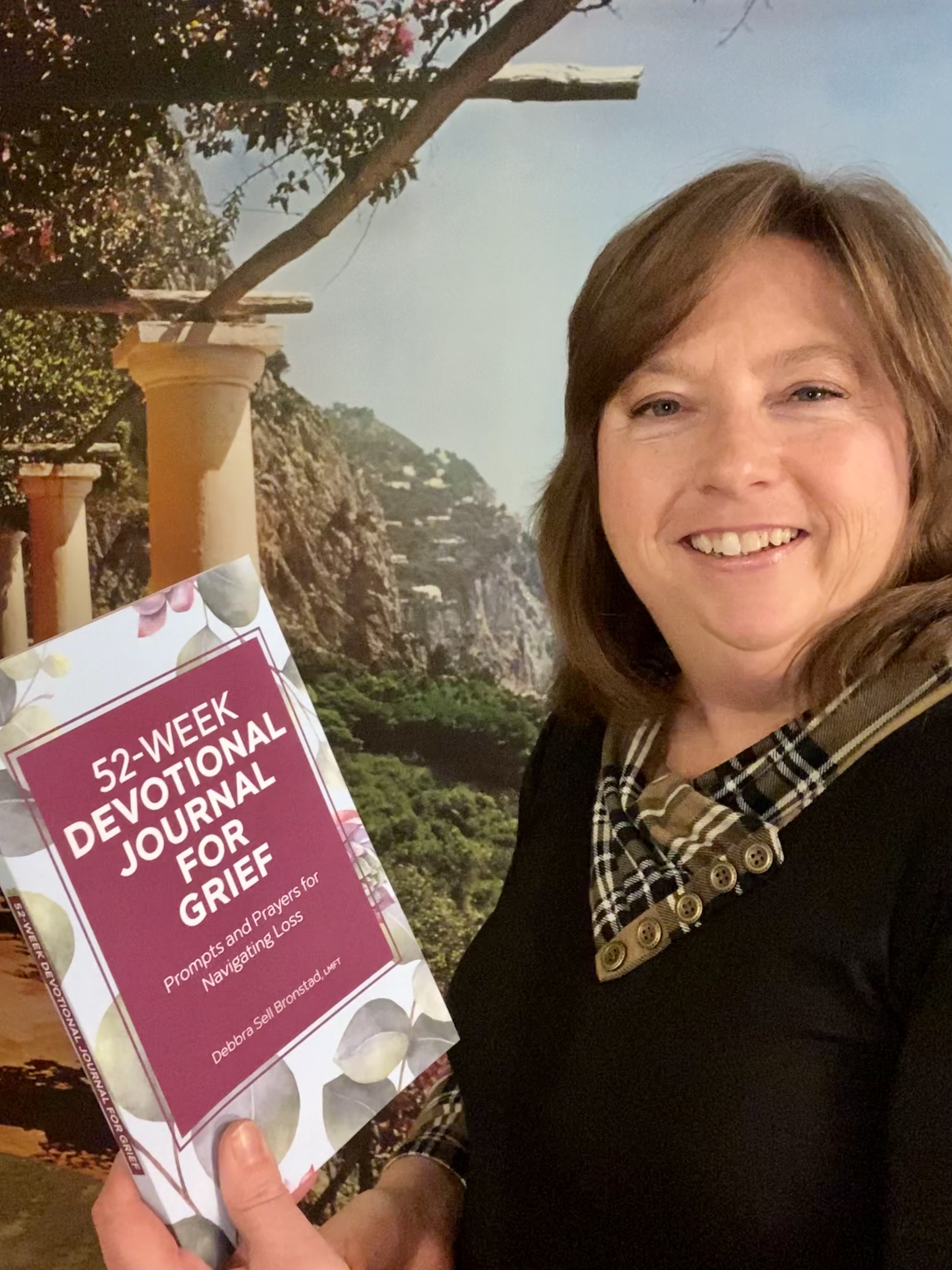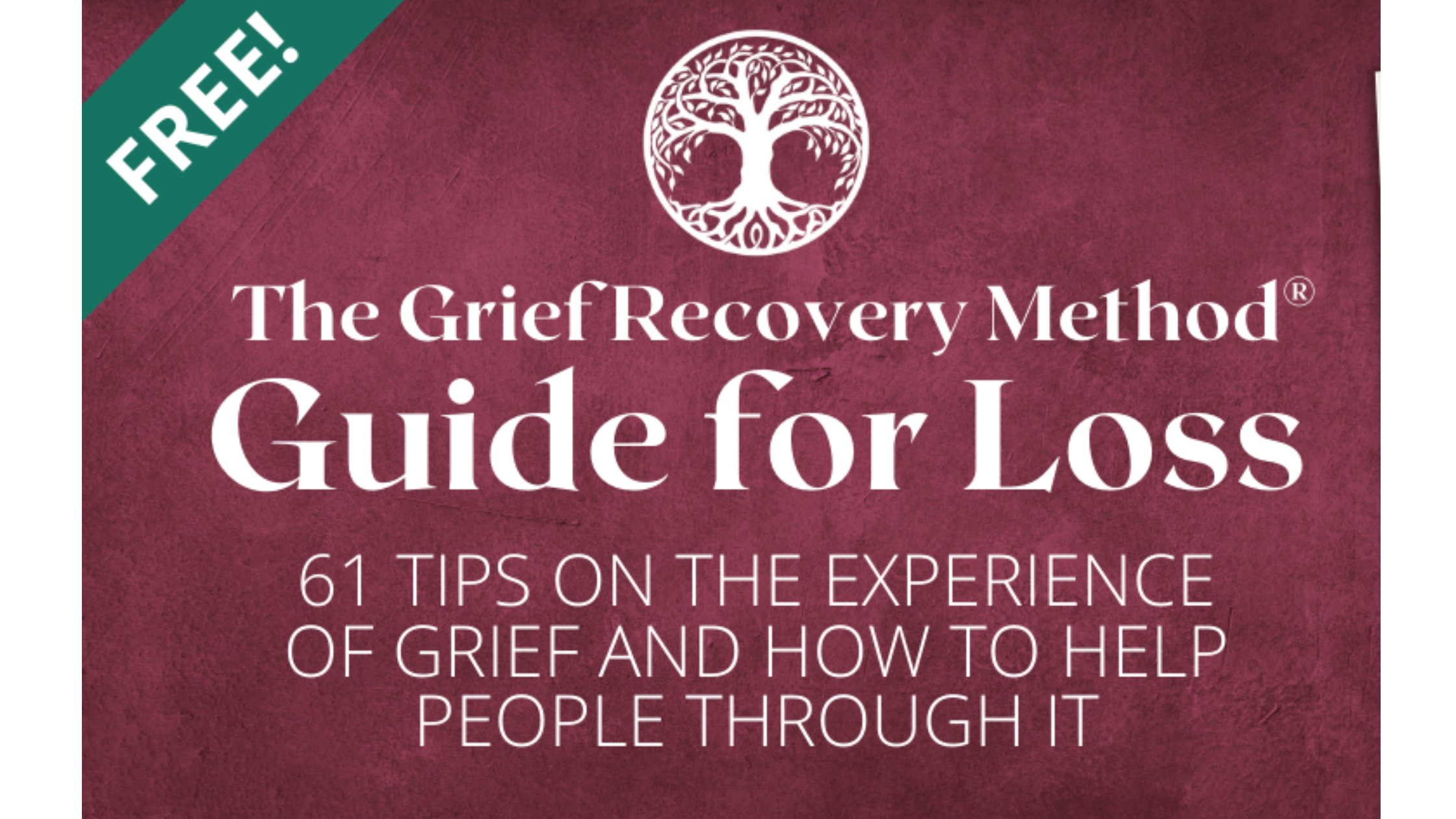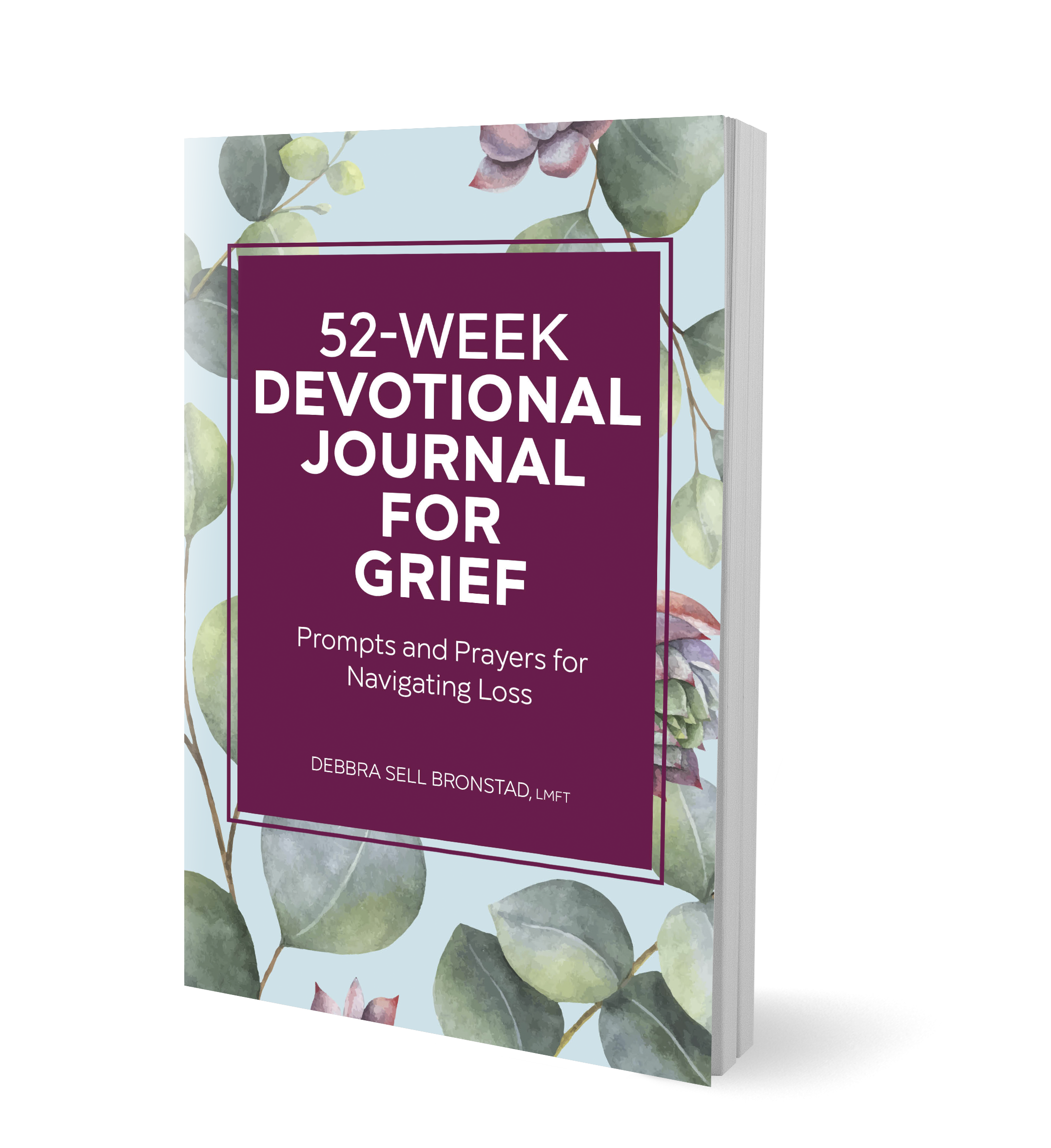How to Deal with Grief
As a society we are not well prepared for how to deal with grief. In fact in the
first few days after a major loss the typical griever will hear a lot of unhelpful comments.
We really don't know what to say to someone who is hurting. This
pattern often starts when we are very young with early losses of pets or
a first crush. Well-meaning people tell us we can get another pet, or
another girlfriend/boyfriend.
As we get older we learn to keep
our grief to ourselves after getting the message that we shouldn't cry
in public or that it is better to grieve alone or that we need to stay
strong for others. We
are accustomed to being strong and independent. We allow two to three
days off from work for the employee who has had a death in the family.
Then what? The worker is expected back in his or her place, ready for
the next assignment. The human experience of grief does not fit into a
neat package or timetable. Grief undermines so many familiar patterns
of behavior and relationship that it takes time for your heart and body
to adjust.
Grief affects different people in different ways. Click the image below for a brief video on dealing with grief. This page lists several ideas for how to deal with grief. Feel free to explore and find what works for you.
Some people experience emotional ups and downs. Others are filled with anger or regret or guilt. Others feel pain in their bodies. There are a variety of grief symptoms.
Grief can knock the wind out of our sails.
Every relationship, and therefore every loss,
is unique in the way it affects the one grieving.
Often we are encouraged to deny our true feelings in order to get things done efficiently and effectively. Many people are dealing with loss by trying to escape from painful feelings. We still have responsibilities as a parent, worker, son or daughter...The show must go on even though we wish the world would stop to acknowledge our loss.
There are a number of things you can learn about how to deal with grief to bring comfort and soothing as you experience your loss:
How to Deal with Grief
1. Identify the people in your life who care about you and would be willing to let you talk about your memories of your loved one. Take some time each week (or each day) to share with someone about what you are feeling and what you are remembering.
2. Get a massage. Many people underestimate the emotional benefits that come from massage as tense muscles are often carrying the burden of unexpressed emotions. Find a trained massage therapist who will make you feel comfortable enough to cry if you need to.
3. Create a book of memories with pictures and journaling about precious times with your loved one. You may find it helpful to share the book with a trusted friend. A Creative Memories Consultant helped my family in the days after my step-mom died to create poster boards filled with memory photos.
4. Use music to express your feelings. If you already know how to play an instrument experiment with making your own song that matches your mood. Even if you don't know how to play you can do this with a piano or other percussion instruments.
5. Use art to express your feelings. It is not about the product, but the process. Even if you don't know how to draw or paint, you can create images to match your mood using color and intensity. The process of simply doing art is healing. If you can tell someone about your images or process it can be an even greater tool for healing.

6. Read a book like Debbra's 52-Week Devotional Journal for Grief provides Scripture-based prompts for journaling and reflection as well as tips for dealing with grief. Other books written by those who have experienced a loss similar to your own may be helpful.“The Grief Recovery Handbook: The Action Program for Moving Beyond Death, Divorce, and Other Losses” by John W. James and Russell Friedman is also recommended for suggested exercises to unburden your heart.
7. Journal each day about the feelings you are experiencing. Give your heart an opportunity to feel your feelings rather than suppress them. Click here to learn more about using journaling to deal with grief.
8. Join the Grieving With Grace Workshop. A supportive group can help you take important steps toward healing your broken heart. Many of us find ourselves alone and isolated in our grief. At such a vulnerable time it can be difficult to reach out and ask for the support we need from those around us. Join an upcoming Grieving With Grace Workshop to release guilt, regret, fear and/or anger from your heart .
9. Join our Stages of Grief Recovery Facebook Community for tips and support for dealing with grief.
Read article on How to Deal with Common Grief Triggers.
Return Home from How to Deal with Grief



